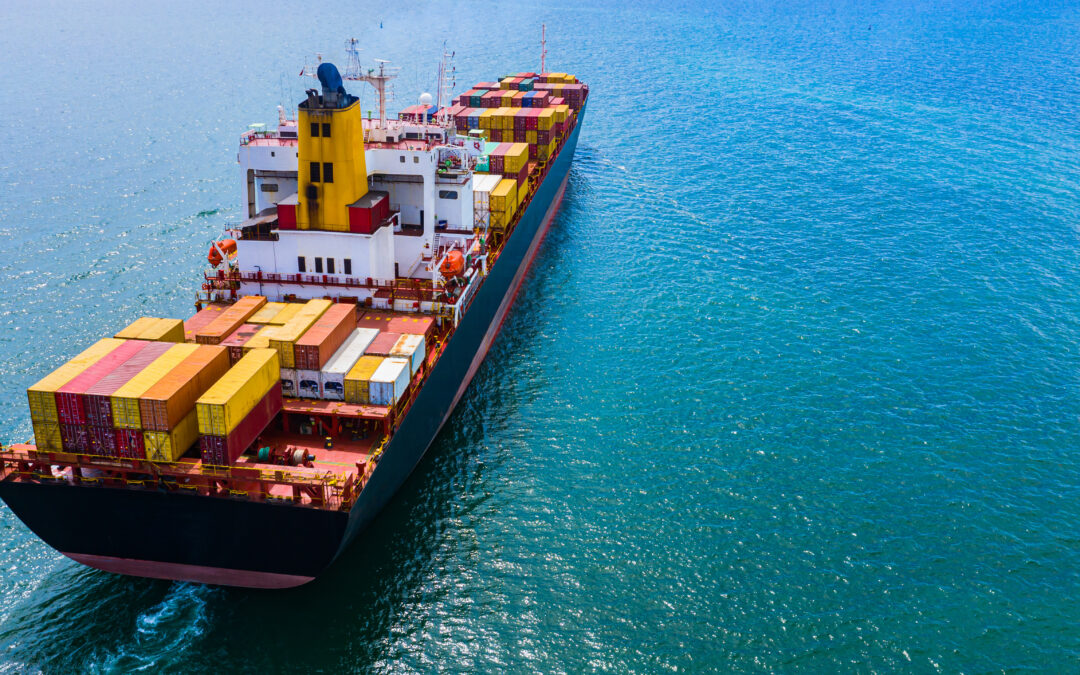A maritime attorney is a legal professional who is equipped to deal with disputes and legal issues arising from maritime operations. They can represent individuals, such as seamen, harbor workers, or passengers, as well as companies involved in maritime activities. They guide clients through the complexities of maritime law, ensuring they understand their rights, the legal processes involved, and the potential outcomes of their cases. In addition, they can advocate for their clients in negotiations and court proceedings, aiming to secure a fair resolution, whether it’s compensation for injuries or resolution of disputes.
Understanding Maritime Law
Maritime law is a specialized body of law that applies to activities and disputes that occur at sea. It encompasses a broad range of matters, including issues related to shipping, cargo, maritime injuries, marine commerce and more. It’s primarily designed to facilitate smooth commerce navigation, protect marine resources and safeguard the rights and safety of people at sea.
Who is Protected Under Maritime Law?
Maritime law primarily covers the rights of maritime workers, which includes seamen, dock workers, ship repairmen, harbor workers, longshoremen, offshore oil rig workers, and other professionals who work on vessels and at ports.
These laws also extend protection to passengers traveling on ships, ensuring their safety and providing a legal remedy for injuries or damages incurred while on board. Additionally, maritime law covers businesses involved in shipping, cargo, fishing, and offshore drilling, providing regulations and legal recourse for disputes and accidents in these areas.
The Jones Act
The Jones Act, officially known as the Merchant Marine Act of 1920, is one of the most unique components of maritime law due to the protections it offers to maritime workers. Unlike general workers’ compensation laws that apply to land-based employees, the Jones Act enables seamen injured on the job to sue their employers for personal injury damages. This piece of legislation recognizes the specific risks associated with maritime occupations and provides an avenue for these workers to seek compensation for injuries resulting from employer negligence or unseaworthy conditions.
Common Types of Maritime Legal Cases
Maritime attorneys are often engaged in cases involving personal injury, accidents, or disputes within the maritime industry. Here are some common cases that a maritime attorney might handle:
Maritime Personal Injury
Personal injury cases are prevalent in maritime law litigation, given the hazardous conditions often associated with sea-based activities. These cases typically involve maritime workers or passengers who have suffered injuries while at sea or working at ports. Below are some common examples of maritime injury cases:
- A seaman sustains injuries due to faulty equipment on a ship, leading to a personal injury claim under the Jones Act.
- A dock worker is injured because of unsafe working conditions at a harbor, sparking a longshore and harbor workers’ compensation claim.
- Passengers on cruise ships who experience accidents due to negligence of the crew or poor maintenance of the vessel pursue personal injury lawsuits.
In each of these examples, the injured party may typically seek compensation for medical bills, loss of earnings, pain, suffering, and other damages stemming from the accident. A maritime attorney can play an essential role in these cases, helping clients navigate the complex maritime laws to secure the justice they deserve.
Ship Collisions
With unpredictable sea conditions and a high number of vessels in the water at any given time, ship collisions are an example of another possible maritime incident. These cases usually involve two or more vessels that collide at sea, resulting in property damage, personal injury, or even loss of life. Below are a couple of examples of ship collision cases:
- A fishing boat collides with a cargo ship due to navigational errors or poor visibility conditions, leading to damage to both vessels and injuries to the crew.
- A ferry hits a recreational yacht, causing injuries to passengers on board.
These cases often involve complex liability issues, considering the various parties involved—the vessel owners, crews, and insurance companies. Maritime attorneys can represent these parties, helping to determine fault, evaluate damages, and negotiate settlements or represent their client’s interests in court.
Cargo Disputes
In an industry that revolves around the transport of goods, cargo disputes are common. These cases often revolve around issues like damaged goods, late delivery, or contractual disagreements between shippers and receivers. Below are some examples of cargo dispute cases:
- A receiver claims that the cargo was damaged in transit due to the shipper’s negligence, leading to a dispute over liability and compensation.
- A shipper delivers goods late, causing the receiving company to suffer financial losses.
- Cases where contractual terms, such as payment conditions or delivery timelines, are disputed between the parties.
These disagreements can unravel into complex legal battles involving international trade laws and maritime laws. Maritime attorneys can offer crucial services in such situations, aiding parties to understand their rights and obligations, and striving to resolve the dispute in their client’s best interest.
The Role of a Maritime Attorney
Maritime accidents can be complex and/or devastating, leading to personal injury, property disputes, and more. Following an accident, a maritime attorney can help clients navigate the complex legal landscape, offering advice on everything from gathering evidence to dealing with insurance companies.
Our team at Talbot, Carmouche & Marcello is dedicated to securing justice for our clients. If you or a loved one has experienced a maritime accident, schedule a free consultation to discuss your case.

